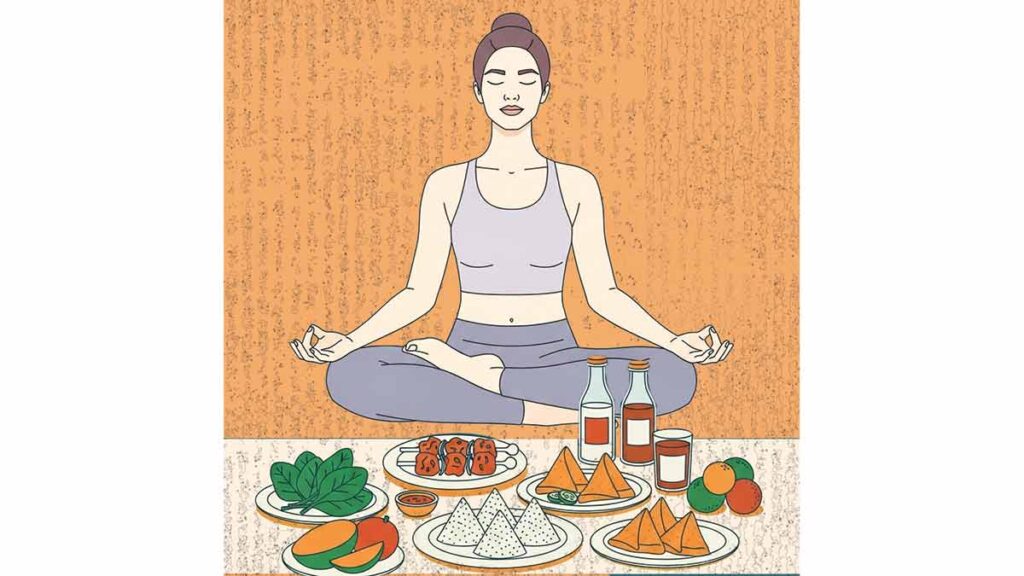Across our nation, a quiet transformation is taking place. The kitchen is being rediscovered as a space of healing. Within homes, the simple act of choosing and preparing food is emerging as one of the most powerful ways to nurture lasting wellbeing.
Today, our nation stands at a critical point. While medical innovation continues to advance, the rising tide of non-communicable diseases cannot be ignored. Conditions such as diabetes, obesity and heart disease are no longer confined to cities or older populations. These challenges are affecting our youth and rural communities, too. A common thread in many of these conditions is our diet, often overlooked but deeply influential.
To address this, Apollo Hospitals launched ‘My Food, My Health’, an evidence-based nutrition guide developed by our team of experienced dieticians. This is not just a book. It is a source of clarity and confidence for families, caregivers and individuals navigating a landscape filled with conflicting advice and short-lived trends. It empowers people to make informed, personalised choices that honour both tradition and science.
This initiative complements the broader movement led by FSSAI through the ‘Eat Right India’ campaign. Together, these efforts underscore an essential truth. Food is not just a lifestyle preference. It plays a defining role in the health of our society.
Recent reports suggesting that traditional treats like samosas or jalebis might carry warning labels created widespread debate. While the specific claims may have been premature, the underlying message remains relevant. The country is beginning to recognise the long-term cost of excess sugar, salt (processed foods), and saturated fat (unhealthy fats)—the ‘3S’ that silently drive chronic diseases. These costs are not limited to financial burdens on health care systems. They are measured in years of healthy life lost.
While warning labels are important, we must also ensure people have access to knowledge, healthier choices and the ability to act on them. Put simply, if we truly want to make nutrition equitable, we must make it part of daily life. That means promoting local and seasonal ingredients, reintroducing traditional grains such as millets, and teaching children how to read food labels. It also means embracing technology to personalise nutrition using genomics and digital tools. Above all, it means restoring respect for food. In our culture, food has always been sacred. It must be shared with care, prepared with intention and treated with dignity.
The way forward lies in balance. There is no need to vilify our culinary heritage or chase every imported trend. What we require is a thoughtful recalibration. Food must be rooted in science, yet mindful of culture. Nutrition should be tailored to individual needs, yet remain inclusive and accessible. At Apollo, we have seen how nutrition can transform outcomes. A well-designed diet enhances immunity, supports recovery, manages chronic illness and improves mental health. This is not an emerging idea. It is established medical practice. That is why we have worked to integrate clinical nutrition into routine health care.
Yet, the effort cannot stop within hospitals. The success of the ‘Eat Right’ movement depends on partnerships across sectors. Policymakers, educators, food producers, chefs and community leaders must come together. This vision should reflect in school meal programmes, workplace wellness policies and how our cities are designed.
As I look back on the launch of ‘My Food, My Health’, I feel hopeful. This guide is now part of a larger movement to reclaim our collective health. One informed meal at a time. Let us eat right and live bright.
Dr Preetha Reddy is Executive Vice Chairperson of Apollo Hospitals Enterprise Limited.

